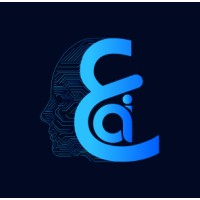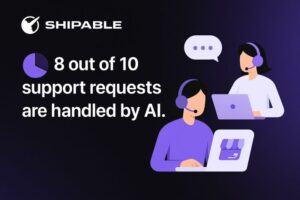
Generative Artificial Intelligence in Healthcare” or “Generative AI in Healthcare
Generative AI in healthcare represents a new era of innovation, offering promising solutions to improve diagnosis, treatment, and patient experience. Here’s a detailed look at this field:
What is Generative AI?
Generative AI is a type of artificial intelligence that focuses on creating new data that mimics existing data. In healthcare, this technology can be used to generate realistic medical images, medical texts, and even design new drug molecules.
Key Applications in Healthcare:
Improving Diagnosis:
Generating Enhanced Medical Images: Generative AI can create high-resolution medical images from limited or noisy data, helping doctors see fine details and diagnose diseases more accurately.
Detecting Rare Diseases: Generative models can generate images of rare diseases, helping doctors identify them more quickly.
Accelerating Drug Discovery:
Designing New Drug Molecules: Generative AI can design new drug molecules with specific properties, reducing the time and cost required for drug development.
Identifying Drug Targets: Generative models can identify potential drug targets by analyzing complex biological data.
Personalizing Treatment:
Creating Personalized Treatment Plans: Generative AI can analyze patient data (such as medical history and genetics) to create personalized treatment plans that increase the chances of success.
Predicting Patient Response to Treatment: Generative models can predict how a patient will respond to different types of treatment, helping doctors make informed decisions.
Improving Patient Experience:
Creating Educational Materials for Patients: Generative AI can create easy-to-understand educational materials for patients about diseases and treatments, increasing their awareness and engagement in healthcare.
Providing Virtual Support for Patients: Generative models can create virtual assistants that provide emotional support and information to patients around the clock.
Improving Operational Efficiency:
Automating Administrative Tasks: Generative AI can automate repetitive administrative tasks, such as scheduling appointments and processing claims, saving staff time and reducing errors.
Optimizing Inventory Management: Generative models can predict demand for drugs and medical supplies, helping hospitals manage inventory efficiently and reduce waste.Challenges and Risks:
Data Accuracy: Generative AI relies on data, and if the data is inaccurate or biased, it can lead to incorrect or unfair results.
Privacy and Security: Sensitive patient data must be protected from unauthorized access and misuse.
Responsibility: Responsibility must be determined in the event of errors or damages resulting from the use of generative AI.
Regulation: Clear regulatory frameworks are needed to ensure that generative AI is used safely and ethically in healthcare.The Future of Generative AI in Healthcare:
Generative AI is expected to play an increasingly important role in healthcare in the coming years. As this technology continues to evolve, we can expect to see more innovative applications that improve diagnosis, treatment, and patient experience.
Real-World Examples:
Insilico Medicine: Uses generative AI to discover new drugs for treating age-related diseases.
PathAI: Uses generative AI to improve cancer diagnosis by analyzing pathological images.
Google Research: Uses generative AI to create predictive models for predicting patient outcomes.In summary, generative AI has the potential to transform healthcare dramatically, but it must be used with caution and responsibility to ensure maximum benefit for patients and society.
Share this content:






















Post Comment